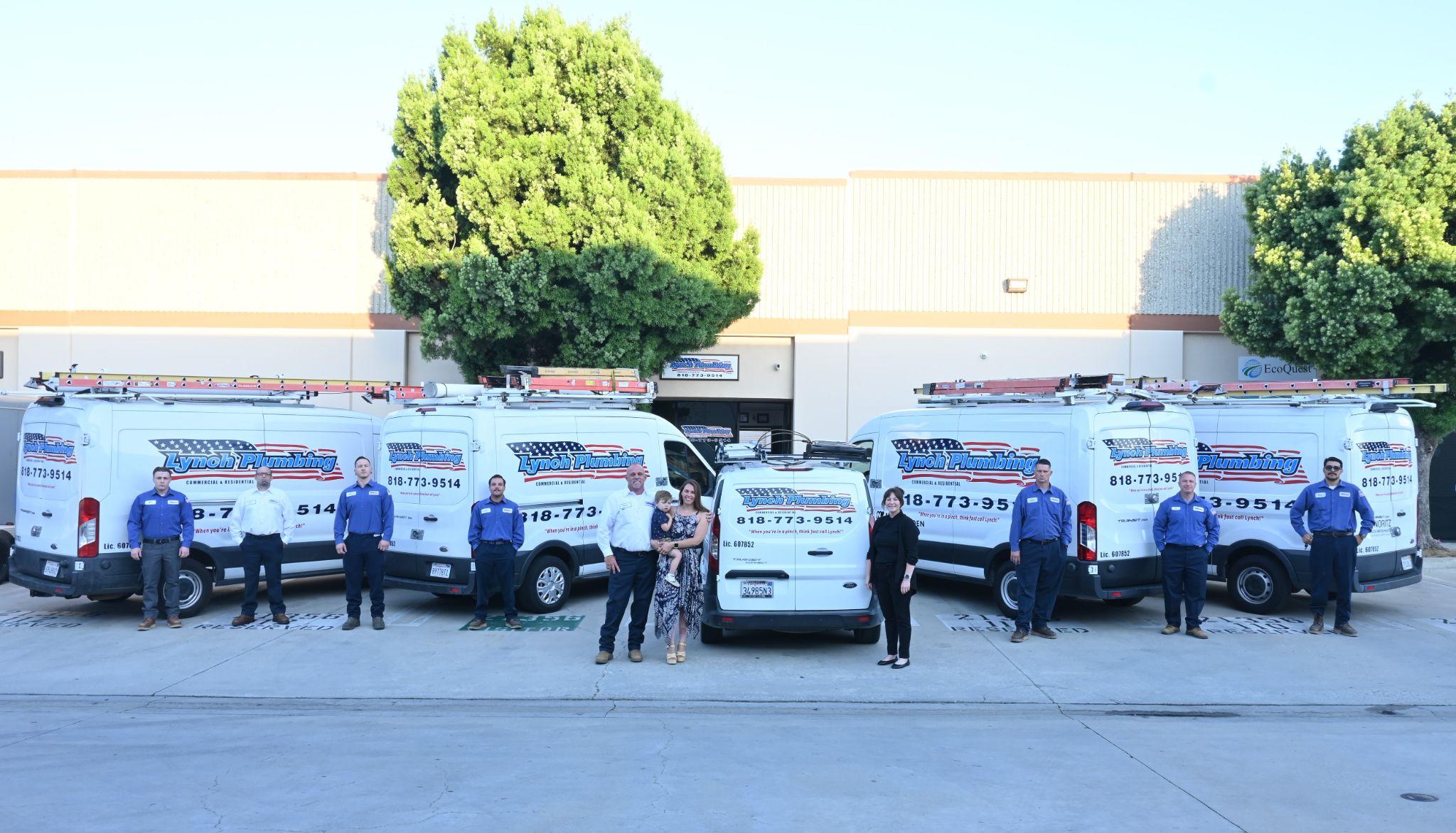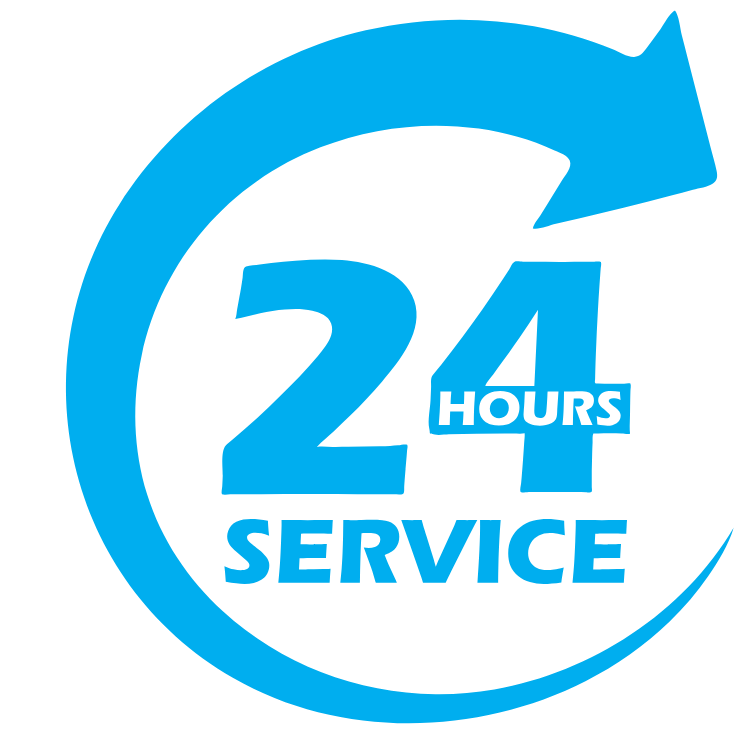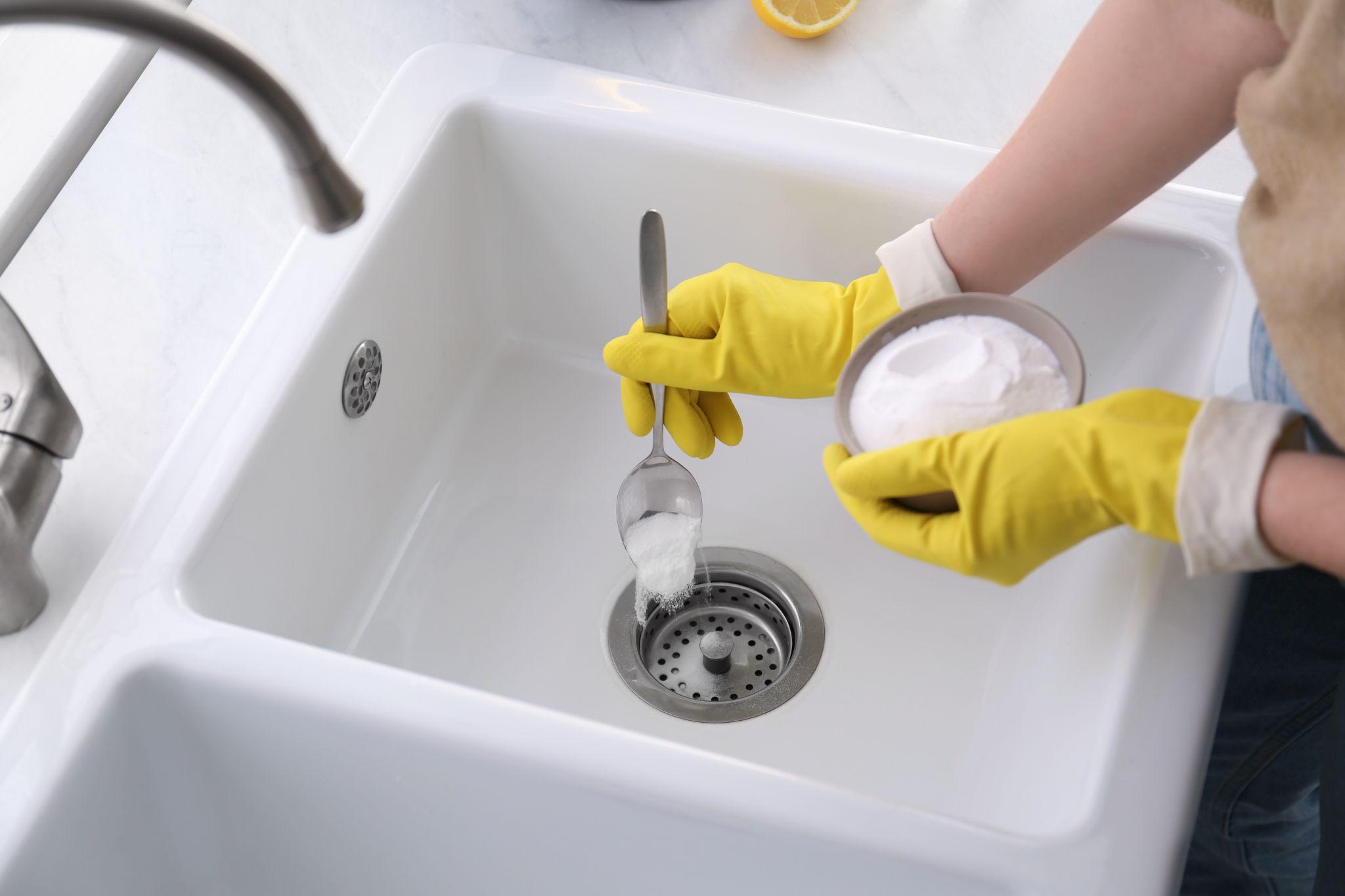LICENSED, INSURED & BONDED SINCE 1985 WITH 35 YEARS OF EXPERIENCE • (818) 483-0139
In their simplest form, clogged drains are a frustrating inconvenience that can disrupt your daily routine—but at their worst, they can make quite a mess. But fear not—whether you’re dealing with a slow-draining sink, a backed-up toilet, or a stubborn shower clog, there are effective solutions available to you.
What Is Drain Cleaning?
Drain cleaning involves removing blockages or buildup within the pipes to ensure the smooth flow of water and prevent potential damage to the plumbing system. It can range from simple DIY fixes with natural solutions and cleaning tools to professional services, depending on the severity of the clog.
Regular drain cleaning is essential for maintaining the efficiency and longevity of your plumbing, preventing unpleasant odors, slow drainage, and even water damage.
The Benefits of Drain Cleaning
Regular drain cleaning offers numerous advantages for your plumbing system and overall home maintenance, including:
- Prevents Clogs and Blockages: Regular drain cleaning helps to remove the buildup of materials like hair, debris, and grease that can cause clogs, ensuring that your drains function properly.
- Eliminates Odors: Over time, organic material can accumulate in your drains and cause foul odors. Cleaning your drains can help eliminate these smells.
- Improves Drainage: Clean drains allow water to flow freely, preventing slow drainage issues in sinks, showers, and toilets.
- Extends Lifespan of Plumbing: Regular maintenance and cleaning can help prevent damage to your pipes, reducing the need for costly repairs and extending the life of your plumbing system.
- Reduces Risk of Water Damage: Blocked drains can cause water to back up and overflow, leading to water damage in your home. Keeping your drains clean helps mitigate this risk.
How to Clean Drains
Below, we will explore various drain cleaning methods for both residential and commercial properties to help you make an informed decision. From chemical drain cleaners to plungers, plumbing snakes, hydro jetting, enzyme cleaners, and even the popular baking soda and vinegar mixture, each method offers its own set of advantages and considerations.
Understanding how to unclog a stinky drain will empower you to choose the most suitable approach for your specific situation, and also help you decide when it’s best to call a professional plumber. So let’s dive in!
Drain Cleaning Method | How It Works | The Advantages | What to Consider |
Chemical Drain Cleaners | Chemical drain cleaners typically contain strong alkaline or acidic substances that can dissolve organic materials and clear minor clogs. They are poured directly into the drain and left for a specified amount of time (usually around 15 minutes) before flushing with water. | This method is readily available and easy to use in tub and sink drains. It can dissolve organic material and is relatively inexpensive. | This method has a number of downsides, such as harsh chemicals can damage metal pipes and are harmful to the environment. This method may not work on severely clogged drains. It also requires caution and proper handling, as there is risk of chemical splashes or inhaling fumes. |
Baking Soda and White Vinegar | A natural method using a cup of baking soda combined with vinegar to create a chemical reaction, which produces carbon dioxide bubbles. This reaction can help break up minor clogs and remove odors. First the baking soda is poured into the drain, followed by the vinegar, and then left for some time before running hot water down the drain to flush the solution. | This method is non-toxic and environmentally friendly. It’s safe for most drain pipes and can help remove odors. It can also be used as a preventive measure. | This method works best on only minor blockages. It also requires time to let the mixture sit in the drain for the reaction to work and may not provide immediate results. |
Plunger | A plunger uses suction and pressure to dislodge clogs. It requires putting the plunger over the drain to create a tight seal and using a pumping motion to push and pull the blockage. Plungers are commonly used for kitchen sinks and garbage disposals, bathroom sinks, toilets, and tubs. | This method is simple and inexpensive, with many people already having a plunger at home. It can be effective for minor clogs and is safe for pipes. | This method may not work on stubborn or deep clogs. It requires being able to make a good seal to be effective, and you may have issues with splashing. Because this method can be labor intensive, there is potential for strain or injury. |
Plumbing Snake | Also known as a drain auger or drain snake, this tool consists of a long, flexible cable that can be inserted into the drain. The cable is rotated and maneuvered to break up or retrieve the clog. It is effective for reaching deeper clogs and blockages. | The method is versatile for different types of clogs and can reach deep into the pipes. It can also dislodge stubborn blockages (including foreign objects and more solid debris) while still being safe for pipes. | A drain snake requires some skill to use effectively and DIY options may scratch or damage delicate fixtures. Professional plumbers are highly skilled with this tool to avoid messes and potential injury. |
Enzyme Drain Cleaners | Enzyme drain cleaners contain natural bacteria and enzymes that break down organic matter over time. They are poured into the drain and left for a period, allowing the enzymes to work on the clog. | Unlike chemical drain cleaners, enzyme drain cleaners are safe for pipes and the environment. This method can break down organic material gradually and can be used as a preventive measure. | Enzyme drain cleaners may not be effective on severe or non-organic clogs. This method is slower acting compared to other methods like drain snaking and hydro jetting to unclog sinks, toilets, and tubs. |
Hydro Jetting | Hydro jetting utilizes a high-pressure water stream to push clogs and debris from pipes. A specialized machine propels water through a nozzle, creating intense pressure that can break up and flush away obstructions to unclog drains. It is typically performed by professional plumbers. | This method is powerful and effective for tough clogs, clearing out grease, soap scum, sludge, and debris thoroughly. It can also reach long distances in the plumbing system and is safe for most pipes. It can be used for maintenance to prevent clogged drains in the first place. | This method requires professional equipment. An experienced plumber can unclog drains with this method as long as the pipes aren’t too fragile or the plumbing system isn’t too old. |
When Should You Clean Your Drain?
Regular maintenance and timely intervention can prevent serious plumbing issues. Here’s how to keep your drains in top condition:
Monthly Maintenance
Use a natural cleaner, like baking soda and vinegar, or an enzyme cleaner to prevent buildup and keep your drains flowing smoothly.
Seasonal Maintenance
Inspect and clean your drains at the beginning of each season to address any issues before they become severe. This proactive approach helps catch potential problems early.
When an Issue Arises
If you notice slow drainage, unpleasant odors, gurgling noises, or frequent clogs, it’s time to clean your drains. Early intervention can prevent more severe blockages.
Signs It’s Time to Call a Professional Plumber

While some drain issues can be managed with DIY methods, certain situations require the expertise of a professional plumber. Here are key signs that it’s time to call in the pros:
- Recurring Clogs: Frequent clogs in the same drain can indicate a deeper issue, such as tree roots infiltrating the pipes or significant buildup that DIY methods can’t resolve.
- Multiple Clogged Drains: If more than one drain in your home is clogged or draining slowly, it might suggest a blockage in the main sewer line, which needs professional attention.
- Bad Odors: Persistent foul smells emanating from your drains could signal a serious buildup of bacteria or rotting material that requires thorough cleaning and sanitization by a professional.
- Flooding: Significant water damage or flooding due to a broken pipe or severe blockage needs immediate professional intervention to prevent extensive damage and mold growth.
- Gurgling Sounds: Odd noises from your drains, like gurgling, indicate trapped air due to a blockage, which a professional can accurately diagnose and fix.
- Water Backflow: If water starts coming back up through the drains, bringing debris and foul odors, it indicates a serious blockage that poses health risks and requires professional cleaning and repair.
- Slow Drains Despite Cleaning: If you’ve tried cleaning your drains and they’re still slow, it’s a sign that there’s a deeper issue within your plumbing system that needs a professional’s expertise.
Call Lynch Plumbing for All Your Drain Cleaning Needs
If you’re facing a stubborn clog that seems beyond your control, don’t hesitate to reach out to Lynch Plumbing, proudly serving Los Angeles and the San Fernando Valley for 35 years! As licensed, insured and bonded plumbing experts, we have the knowledge, experience, and specialized tools to effectively clear your drains and restore the smooth flow of water in your home.
Our team is dedicated to providing reliable and efficient drain cleaning services tailored to your specific needs. Contact us online or call (818) 773-9514 today!






